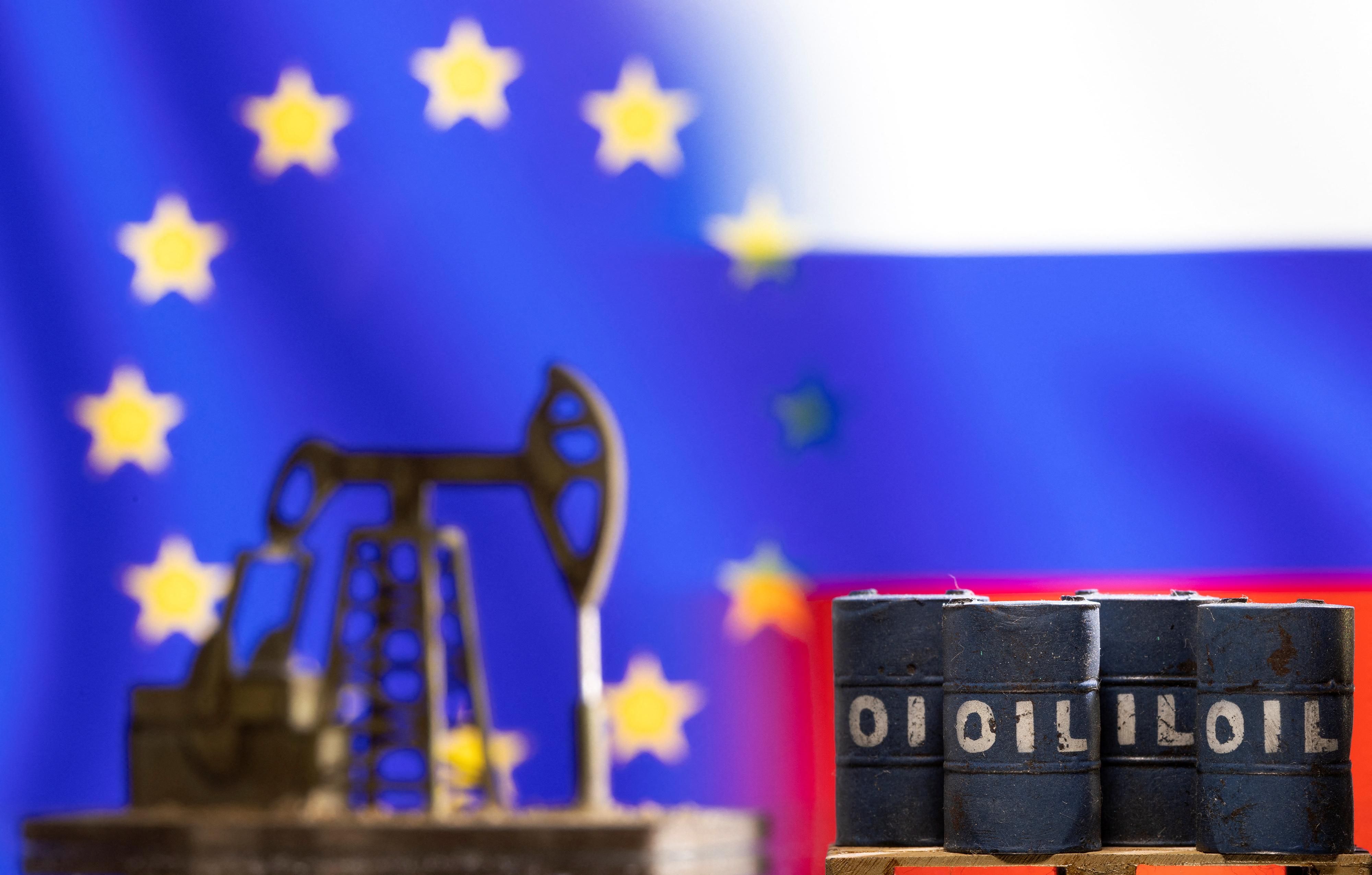What We’re Watching: Drawdown pledge, Europe veers away from Russia, Ethiopian peace hopes dashed, a Gulf non-starter
Fighting continues despite Russia’s drawdown pledge
The Pentagon said it believes the Kremlin was starting to reposition some of its troops away from Kyiv. But Russia continued to pound the Ukrainian capital with airstrikes and artillery while maintaining its ferocious bombardment of the besieged port city of Mariupol. Meanwhile, Russian Foreign Minister Sergey Lavrov said that bilateral peace talks were making “substantial progress,” but Ukrainian officials immediately disputed his claim that Kyiv had accepted the loss of Crimea and the Donbas as a “resolved question.” President Zelensky late Wednesday released a new video in which he said "we don't believe in fancy rhetorical constructions, we believe in what happens on the battlefield."
Germany plans to ration gas, Poland looks to “de-Russify”
With the future of Russian energy exports uncertain, Germany is taking steps to prepare for a potential cut in supplies from its largest source. So far, Berlin’s only in the “early warning phase,” which involves asking Germans to reduce energy consumption voluntarily, but plans are afoot to ration gas if needed. The move comes as heavily sanctioned Russia continues to threaten to demand payment for its gas exports in rubles — a proposal that European capitals flatly refused earlier this week. And although the Kremlin appeared Wednesday to back off on the timing of any switch to ruble-only transactions for gas, Germany is taking no chances. Poland, meanwhile, says it plans to stop importing Russian coal this spring and to cut out all Russian oil by the end of the year. Still, the larger question of how quickly Europe can actually wean itself off of Russian energy remains unanswered — particularly as the continent faces soaring energy prices already.
No peace in Ethiopia
Ethiopia just can't catch a break. Less than a week after Addis Ababa declared its second unilateral cease-fire in a bid to end the 16-month war in Tigray, things have gotten worse in the northeastern Afar region. Authorities in Afar — where the Tigrayan conflict spilled over last summer — say the Tigray People's Liberation Front is fighting and building up forces there. The clashes began in mid-January, with both sides blaming each other for starting the violence that has forced some 300,000 people to flee their homes. The situation has dashed recent hopes for peace talks between the government and the TPLF, which this time seemed willing to observe the cease-fire to allow for delivery of civilian aid. Meanwhile, the war remains a stalemate and a humanitarian catastrophe. At least 1.6 million people have been internally displaced and 4.6 million don’t know where their next meal will come from because it's almost impossible to get food or humanitarian aid into Tigray.
